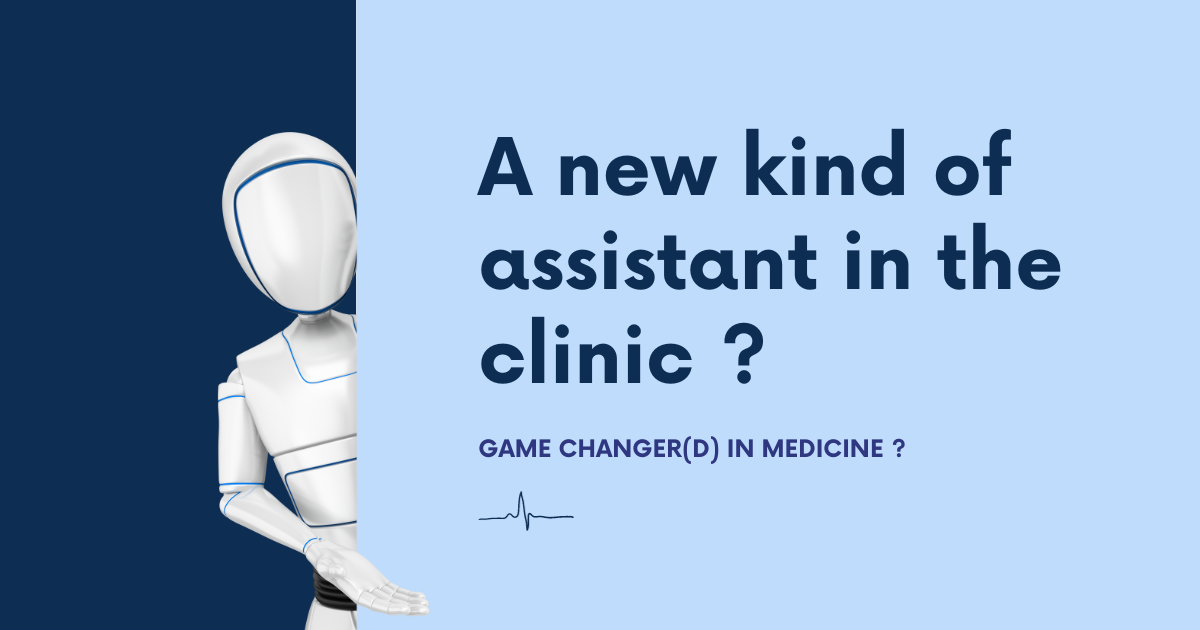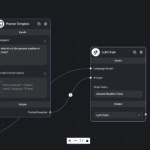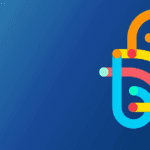In the ever-evolving landscape of healthcare, a remarkable transformation is underway. The advent of GPT-4, an advanced and highly capable language model, is ushering in a new era of clinical support. Gone are the days when doctors had to navigate vast databases of medical information to find answers. Today, they have a trusted ally in GPT-4, a true partner in their daily routines.
I came across captivating conversation between a doctor and GPT-4 in the book The AI Revolution in Medicine: GPT-4 and Beyond by BY PETER LEE, CAREY GOLDBERG, AND ISAAC KOHANE WITH SÉBASTIEN BUBECK. This exchange not only demonstrates the power of this intelligent agent but also exemplifies how it can alleviate some of the most demanding and time-consuming aspects of a doctor’s profession. Welcome to a new kind of assistant in the clinic, where humans and technology collaborate to enhance performance and ultimately, patient care.
A new partnership with AI raises new questions, one significant can be summed up as this: If you had a “brain in a box” that knew most of everything there was to know about medicine, how would you use it?
If you had a “brain in a box” that knew most of everything there was to know about medicine, how would you use it?
Disclaimer:
The following excerpt is shared solely for academic awareness and informational purposes. It is important to approach this content with the understanding that it is a part of a broader context and that any opinions or statements contained within the excerpt should be considered within an academic framework. The intent is not to endorse or promote any particular viewpoint or product but to provide insights for educational purposes. Readers are encouraged to critically evaluate the content, verify information independently, and consider its academic value in their respective fields of study. This content should not be interpreted as an endorsement or promotion of any specific ideas or products.
The Conversation

Conclusion
Through a real-world conversation between a doctor and GPT-4, we witness its capacity to assist healthcare professionals in their daily tasks and alleviate some of the challenges they face. As AI continues to develop and become more prominent in healthcare, there is an opportunity to use this technology to personalize patient care even further, and to provide more tailored treatments and recommendations based on each patient’s unique needs. It’s about re-engaging in medicine as an intellectual and emotional process focused on each and every patient.
GPT-4 will almost certainly become an indispensable tool in healthcare. However, along with these benefits come a set of risks, so like any new tool that is brought into the medical profession, thoughtful application based on sound human judgment is required. Medical errors remain a stubbornly persistent problem, and to the extent possible, we would hope that AI technologies such as GPT-4 avoid exacerbating it.
GPT-4 is evolving rapidly, and we have noticed its capabilities improving noticeably over the past few months. Still, it remains a work in progress, and likely will continue to be in a constant state of evolution. It is essential to recognize that while this technology shows great promise, it should be approached with a critical and discerning mindset, focusing on its academic and practical value. As healthcare continues to evolve, collaborations between humans and intelligent agents like GPT-4 represent a promising path towards improved patient care and medical research.





Leave a Reply